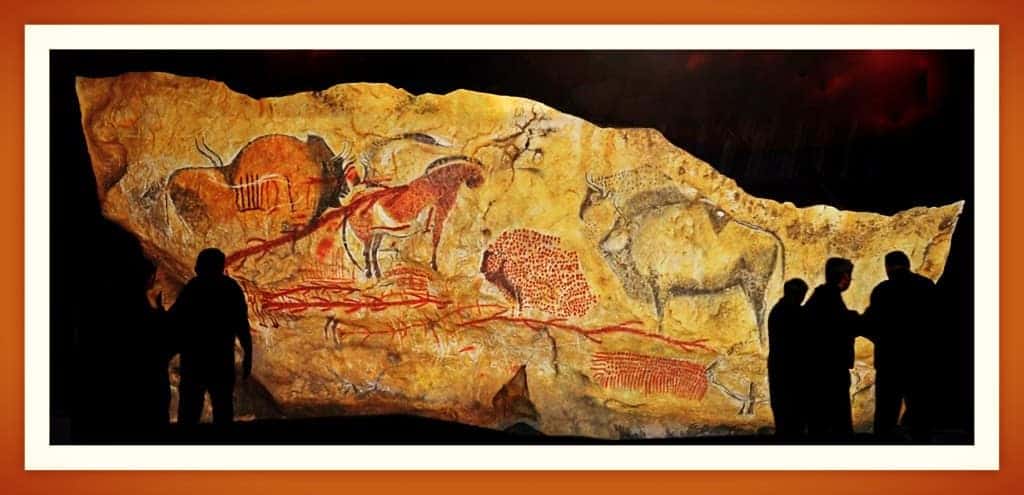From the dawn of civilization, writing has been more than just a collection of symbols. Mariano Arias Páramo shows us how writing was born out of necessity and became intertwined with the social, economic, and religious development of humanity.
A Birth Out of Necessity
Since time immemorial, writing has been a fundamental tool in the evolution of humanity. According to Mariano Arias Páramo, a distinguished professor and writer from Asturias, writing did not emerge merely as an extension of speech but as an intrinsic necessity of developing civilization.
In his doctoral thesis, Arias Páramo challenges conventional theories, linking writing with sedentism and the economic, political, social, and religious development of humanity, from the Neolithic period to the second millennium BC.
This perspective suggests that writing was a response to the demands of an increasingly complex society, where communication and information recording became vital.
The earliest forms of writing, such as pictograms and ideograms, were rudimentary but effective methods for preserving and transmitting knowledge and agreements, essential in emerging agrarian and commercial societies.
Scribes and Religion
Scribes, a closed priestly caste closely linked to the military, played a decisive role in the genesis of writing. According to Arias Páramo, these scribes had the mission of unifying tribal regimes, particularly in confrontation with the Egyptians and other tribes.
Their work led to the development of the concept of the letter and, over time, to the formulation of the figure of Yahweh, redefining monotheistic religion. These custodians of the written word not only acted as mediators between the divine and the earthly but also shaped laws and traditions.
Through their writings, a powerful tool was forged to preserve and disseminate religious beliefs. This fusion of writing and religion not only cemented traditions and sacred texts but also established a profound link between written language and spirituality.
Writing: An Evolutionary Reflection of Society and Religion
In this context, writing reveals itself, according to Arias Páramo, as much more than a mere technique. It is an entity in constant evolution, reflecting the history, culture, and beliefs of humanity.
Each material used for writing – from clay to parchment – not only has its unique history but also symbolizes different stages in the development of writing. This approach underscores the adaptable nature of writing, evolving to meet the needs of various civilizations.
For example, the transition from Sumerian cuneiform writing on clay tablets to the use of papyrus and parchment in the ancient world marked not only technological advances but also reflected changes in religious and cultural expression.
Thus, writing acts as a mirror that not only shows technological progression but also the transformations in religious practice and perception over time.
Conclusion: More Than Words
Arias Páramo concludes that writing is a manifestation of human needs and a crucial element for understanding our history and culture. His work, which combines archaeology, sociology, and philosophy, offers a comprehensive view of how and why writing was born, providing a deeper understanding of this phenomenon.
Writing, in the end, is a mirror of humanity: evolving, adapting, and reflecting the nuances of each era. More than just a set of symbols, writing encapsulates the thoughts, beliefs, and aspirations of the people who have used it throughout the centuries.
The written word is then an indelible footprint of our existence, a way to transcend time and space, connecting past, present, and future generations. Through writing, we can understand not only those who preceded us but also ourselves, in a constant dialogue through history.





